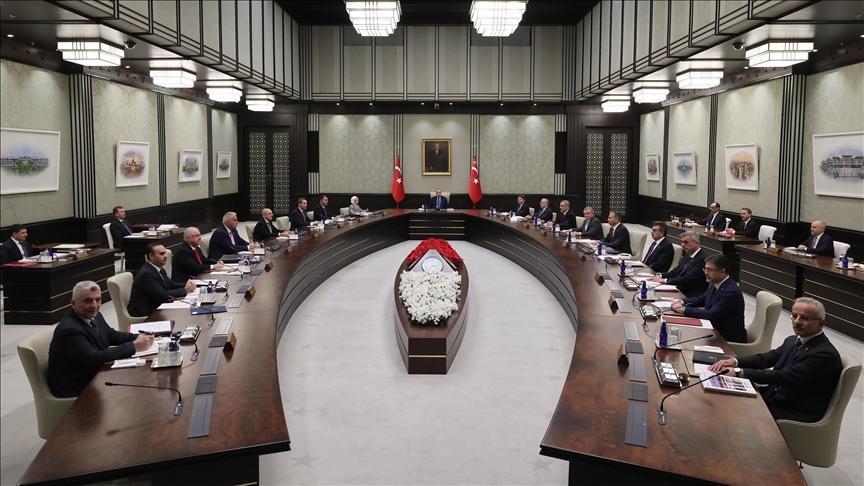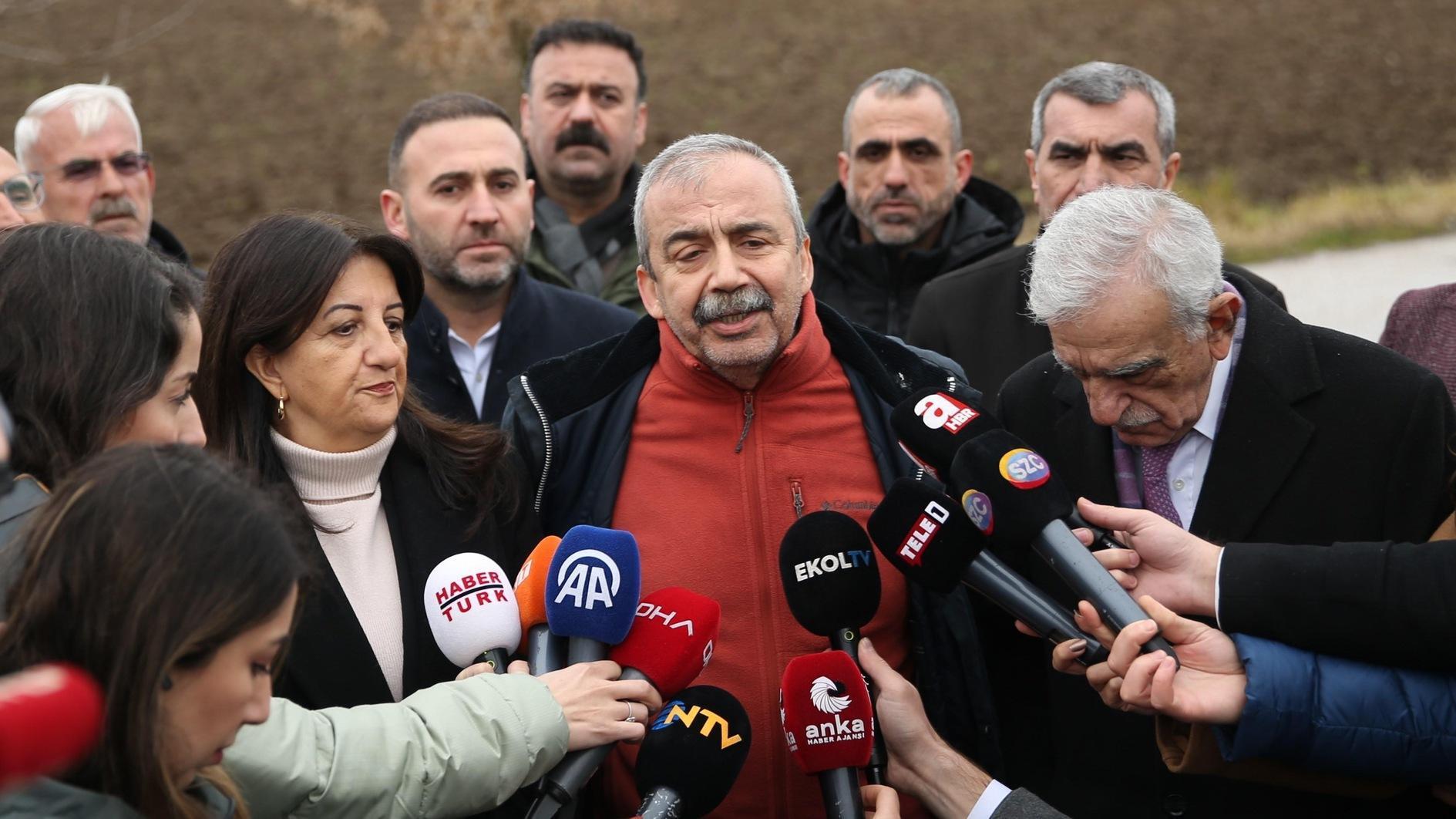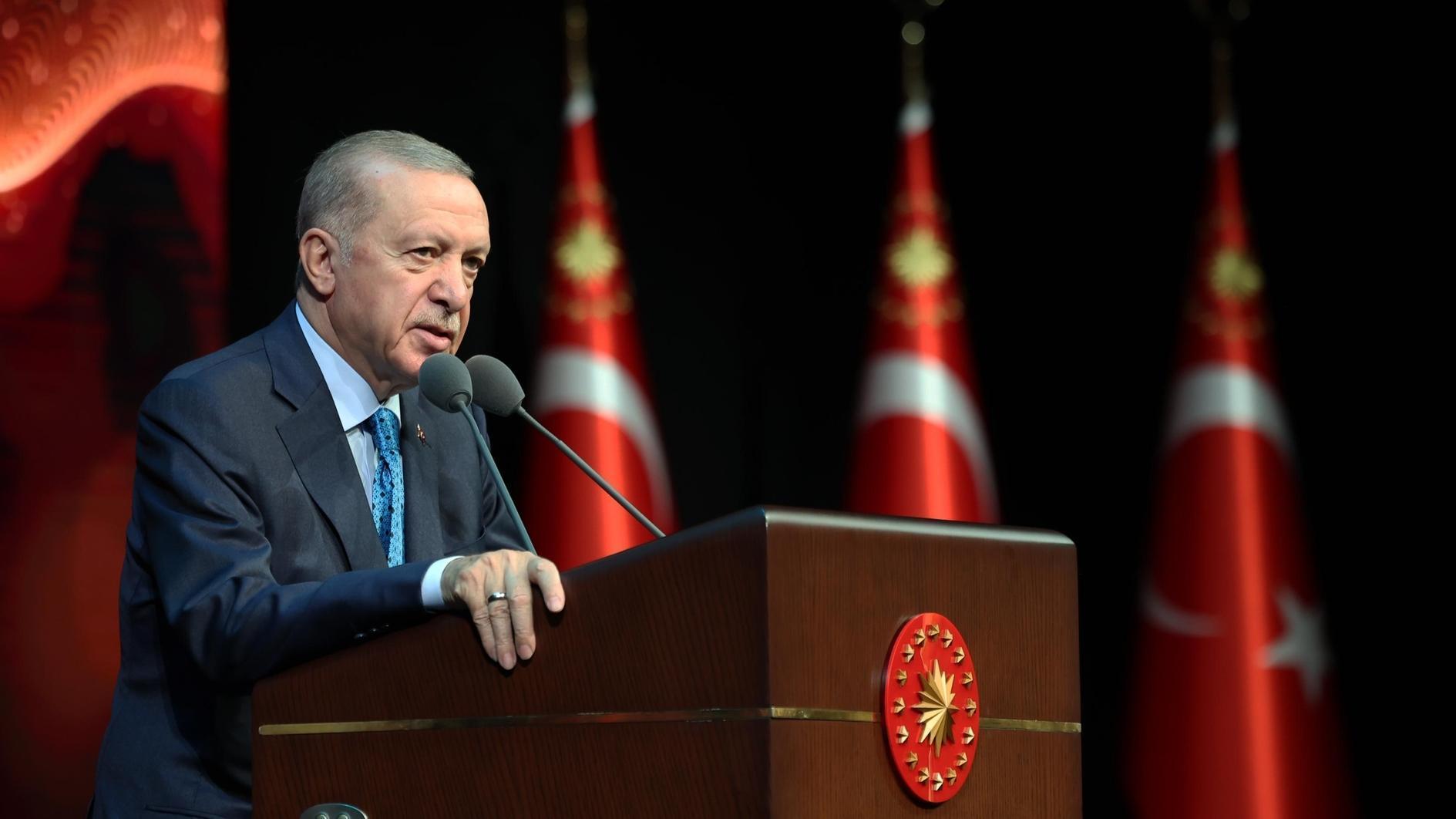It's all about the refugees
It was Tip O’Neill, a former speaker of the U.S. House of Representatives, who said that “all politics is local.” Joe Biden, then vice president of U.S., clarified the phrase for me in Istanbul, when he said, “all politics is personal.” That is a solid reference point to understand the dynamics behind the limited Turkish counter terrorism operation into northeastern Syria. It’s all about the refugees, if you ask me.
According to a Metropoll survey data from last August, when Turkey’s voters were asked which country was most negatively influenced by the Syrian civil war, 85 percent say “Turkey.” Only 5 percent think that Syria is the most negatively influenced country by the Syrian crisis. In Turkey’s political landscape, this issue has quickly become a massive mountain overlooking and obstructing lesser hills and valleys.
When again asked what Turkey has to do with the refugees, an overwhelming 78 percent would like Syrian refugees to leave Turkey. Around 48 percent of Turks would like the Syrians to leave immediately, no matter where they go. Thirty percent think that Syrian refugees have to leave Turkey to live in Turkish-protected safe zones inside Syria.
Why this urgency, you may ask? It’s due to a severe contraction in the Turkish economy this year. Turks are feeling the impact of the economic crisis in their daily lives. Youth unemployment has reached 27 percent recently, the highest in 14 years. Asked why they see Syrians as a source of disturbance, more than half of Turks say that they see Syrians as major competition for jobs and other economic benefits. More than 82 percent say the “imagined” aid going to Syrians should be decreased. Note also that around 54 percent of Turks claim that they see a Syrian refugee every day.
There are currently around 3.6 million Syrian refugees in Turkey, 98 percent of whom do not live in the camps, and are dispersed around the country. Just have a look at the map. But together with other migrants, the number of foreigners living in Turkey is now over 4 million.
I was struck last week that in 2019, the number of illegal/non-documented refugees who were caught by Turkish authorities has reached 350,000. Note that it’s still October, and that there were likely many more who made it past the authorities. Turkey is a free country when compared to our neighborhood. The latter figure has increased by 30 percent and 98 percent over 2018 and 2017, respectively.
It’s also not Syrians that are on top of the list of unlucky illegals, but Afghans, 101,000 of whom found themselves detained by Turkish authorities so far this year. So, in 2019 so far, 45 percent of illegal refugees into Turkey were from Afghanistan, 15 percent from Pakistan and only 12 percent from Syria. All in all, more than half are from countries where the United States is withdrawing its forces.
Turkey is geographically located on a migration route towards Europe. It was a transit country in the past. Yet with the EU-Turkey migration deal, Turkey has chosen to become a destination country. Forced migration is a local developing country problem that requires closer global attention. The numbers all show that migration is here to stay and needs to be managed.
Being masters of the personal-political, Russian leader Vladimir Putin understands the difficulties President Recep Tayyip Erdoğan faces, and even Trump tries to empathize, despite his rather transparent division of the world into “normal” and “shithole” countries. Yet our European partners, most of whom are also NATO allies, seem to be in denial. They should remember that we are all entitled to our own opinions, but not to our own facts.











